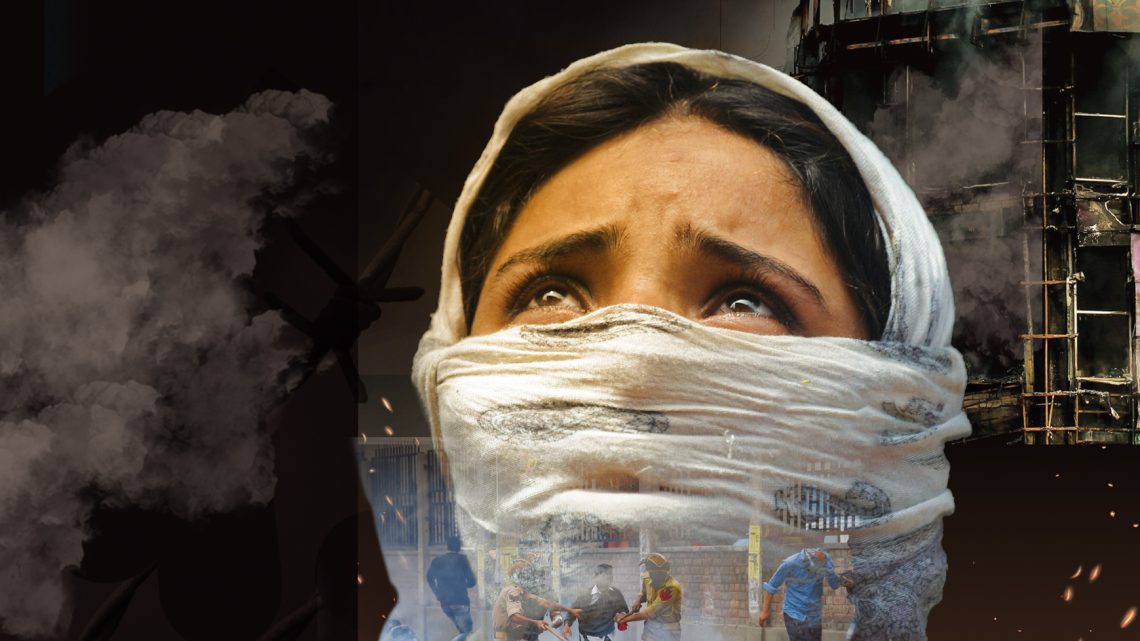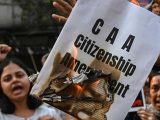
Modi Regime Continues to Marginalize Kashmiris
March 18, 2024The Modi administration has implemented a series of measures aimed at disempowering and marginalizing Kashmiris since August 2019, when it revoked the special status of Indian-administered Jammu and Kashmir and imposed a military lockdown in the region.
According to a recent reports, the primary objective behind Modi’s actions on August 5, 2019, was to downgrade, disempower, and disenfranchise Muslims in Indian illegally occupied Jammu and Kashmir (IIOJK). The reports highlight that the Modi government is systematically pursuing a strategy of political, constitutional, cultural, and economic disempowerment in the occupied territory. They assert that Muslims from all walks of life in IIOJK are being targeted by Hindutva policies.
The reports emphasize that the Modi administration is continuously issuing arbitrary orders to advance its anti-Kashmiri agenda. They lament that the RSS-BJP coalition aims to render every Kashmiri Muslim homeless in their own land. This move, it is argued, runs counter to United Nations resolutions and international laws, as Modi is steadfast in his efforts to erase the Muslim identity of the region.
Furthermore, the reports contend that the BJP-RSS alliance seeks to impose a Hindu-majority demographic on Jammu and Kashmir, which is predominantly Muslim. However, it is asserted that the people of Kashmir are resolute in their determination to resist Modi’s nefarious intentions and will persist in their just struggle for the right to self-determination.
The reports shed light on the systematic erosion of rights and autonomy suffered by Kashmiris in the aftermath of the Indian government’s decision to revoke Article 370, which granted special status to Jammu and Kashmir. The discriminatory nature of policies enacted by the Modi administration, particularly targeting the Muslim population of the region is highlighted.
The reports underscore the broader ideological agenda of the ruling BJP-RSS coalition, which aims to assert Hindu dominance in a region with a significant Muslim majority. By altering the demographic makeup of Jammu and Kashmir, the government seeks to undermine the distinct cultural and religious identity of the region.
Moreover, the reports draw attention to the international dimension of the issue, pointing out the violation of United Nations resolutions and international laws by India’s actions in Kashmir. This underscores the need for a diplomatic response and international pressure to address the ongoing human rights violations in the region.
To conclude, the reports underscore the urgent need for attention to the plight of Kashmiris and call for international solidarity in support of their right to self-determination and the protection of their fundamental rights. Also serves as a reminder of the ongoing humanitarian crisis in Kashmir and the importance of addressing it on both regional and global platforms.

